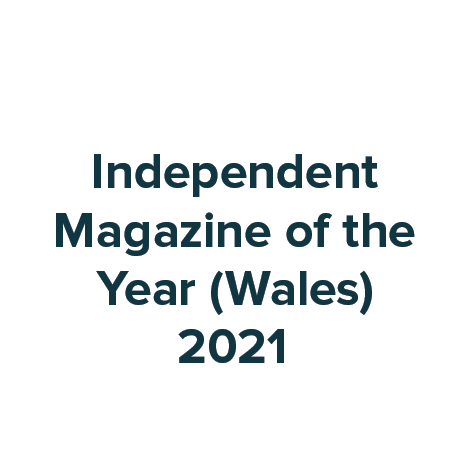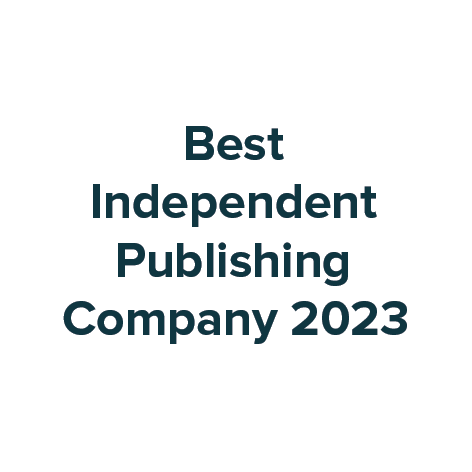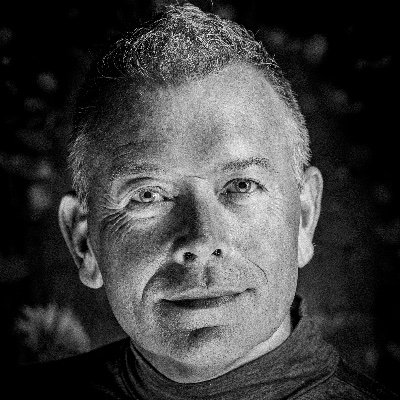
Life is a Rollercoaster
This issue, Stifyn chronicles a transformative journey of self-discovery as documented in the S4C broadcast, Paid  Dweud Hoyw (Don’t Say Gay). Against the backdrop of societal change and personal reflection, it explores Stifyn’s childhood, and reflects on the legacy of Section 28 and societal attitudes towards homosexuality. Through embracing the past and confronting societal prejudices, the documentary promotes acceptance and progress, echoing this issue’s theme.
I have recently had the most profound and glorious experience. How often in life do you get the chance to look back at your whole existence, analyse your reactions, reconsider your emotions, even evaluate your sexuality and have the chance to relive some of your most personal and private moments? Well, I just have. And not only that, I have had the honour of sharing it as a documentary for S4C. The programme, Paid  Dweud Hoyw (Don’t Say Gay), available to watch on BBC iPlayer (www.bbc.co.uk/iplayer) with English subtitles, was broadcast late last year, and I have been overwhelmed with the positive reaction. The programme followed two main strands- my personal life growing up as a gay child in North Wales, then in the West End and on television, alongside all the major changes in the history of the LGBTQ+ community.
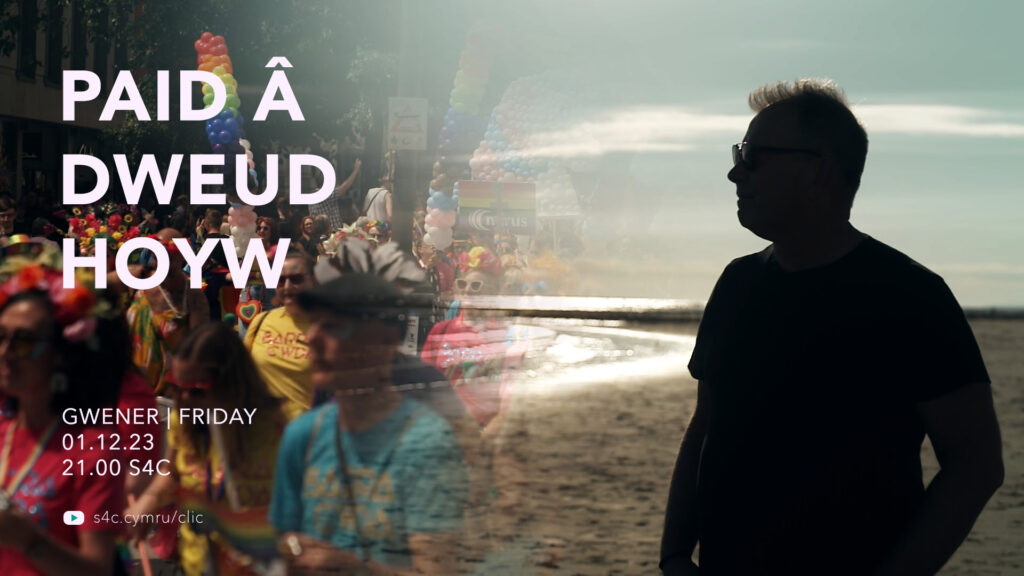
It is just over 20 years since the demise of Section 28, Thatcher’s law to “not intentionally promote homosexuality or publish material with the intention of promoting homosexuality” or “promote the teaching in any maintained school of the acceptability of homosexuality as a pretended family relationship”. This means that, until 20 years ago, it was unacceptable to be anything other than heterosexual. Imagine being a bullied child at school, or a member of staff who was not heterosexual. It was prohibited to help a child who maybe struggling with their sexuality. It’s unbelievable to comprehend today.
My personal story is quite bizarre, and although documented in my autobiography Out With It, available to purchase from local bookshops or www.mrproducer.co.uk, it was not until I was in front of the cameras for the documentary that I realised certain significant things I had experienced. Before coming out, even at the age of three, I didn’t feel I fitted into any group, gang or clique. And looking back, it seemed that my creative and entrepreneurial characteristics kicked into action very quickly for survival and turned me into a leader, rather than a follower. By the end of my first ever week at school, at the age of three, I had produced my first ever ‘production’, given myself the lead role, (obviously!), shared out the other roles to my new followers and those who didn’t want to follow had to sit thee and clap! Win win! As Punch and Judy said time and time again- “That’s the way to do it!”
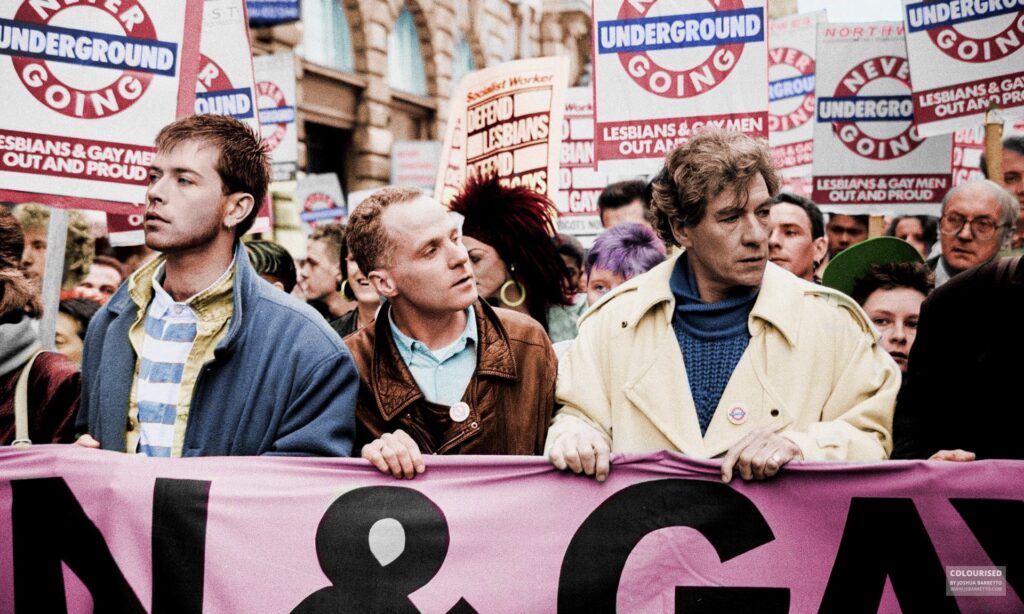
Stifyn Parri (left) alongside Michael Cashman and Sir Ian McKellen at the forefront of a Section 28 march
Although I was a very happy and confident child, I didn’t actually come out until I was 26. This may seem pretty late in life for someone so confident, but it is a reflection of society’s attitude towards homosexuality at the time. It wasn’t until I had taken part in the first ever kiss on British TV, in Channel 4’s Brookside- which was headline news back then- and fronted the anti-Clause 28 march with Sir Ian McKellen and Michael Cashman, that I then had the courage to go home and tell my mother her son was gay. Once I told her, I could tell the world.
A pretty outrageous coming out, I must admit. However, upon hearing the stories of the courageous individuals I interviewed for the documentary, who endured immense suffering, my perspective shifted. I salute you all. Many individuals of my generation, having navigated their coming out and hopefully finding acceptance, then had to confront the discrimination associated with HIV/AIDS and, of course, Section 28. As Ronan Keating aptly put it, “Life is a rollercoaster, you just gotta ride it.” It’s understandable why numerous individuals still struggle to embrace their genuine identities with confidence.

Sir Phil Redmond, creator of Brookside, Hollyoaks and Grange Hill, with Stifyn Parri for S4C’s documentary.
However, from the reaction I’ve seen, it seems that the documentary is helping people do just that. During the filming, I had the chance to speak to Sir Phil Redmond, creator of Brookside, Hollyoaks and Grange Hill, and thank him for helping me come out through playing a positive gay role in his soap. Tidy!
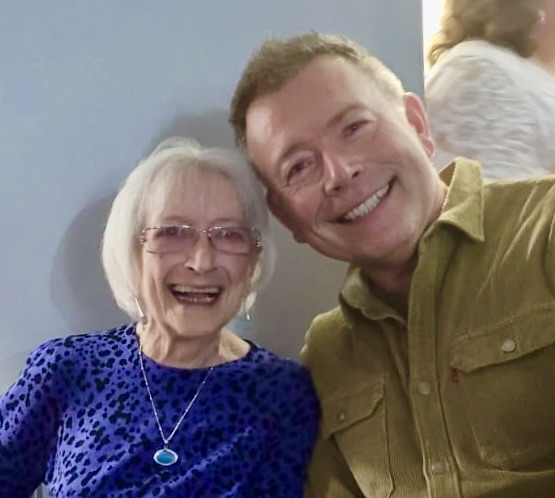
Stifyn with his mum
I also need to thank the documentary team at Rondo Media for portraying my story so delicately, my mother for being the first to accept me as I am, my family, and my close school friends. I have received so many heart-warming messages of such compassionate support from old friends, family, ex-teachers, politicians, public figures and even apologise from people who claimed they called me names at school. I think the programme just hit the spot. However, there is still a lot of work to be done to create a world where we all just accept each other for who and what we are.
P.S. In recent article written for this publication, I, comically, referred to Gardener’s Worlds’ Monty Don as my “future husband” due to my obsession with his gardening tips. Little did I know that some readers actually believed we were to marry, and I began to receive messages of congratulations! I wish to apologise to Monty Don’s wife, and, also, to dear Monty, for dumping him publicly like this. Forgive me Monty, you must be absolutely devastated that I have called the whole thing off.

